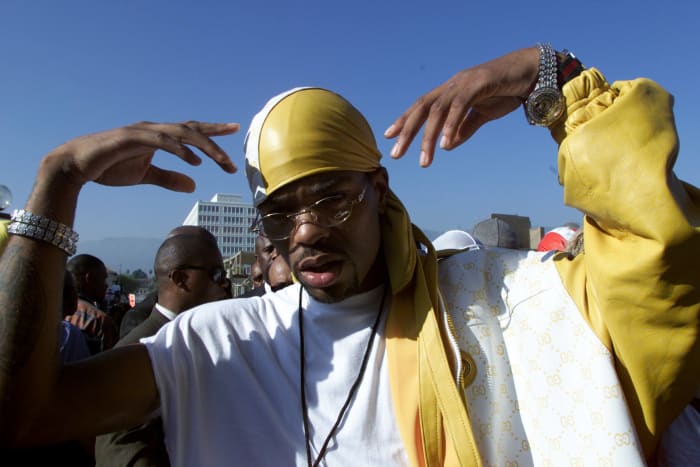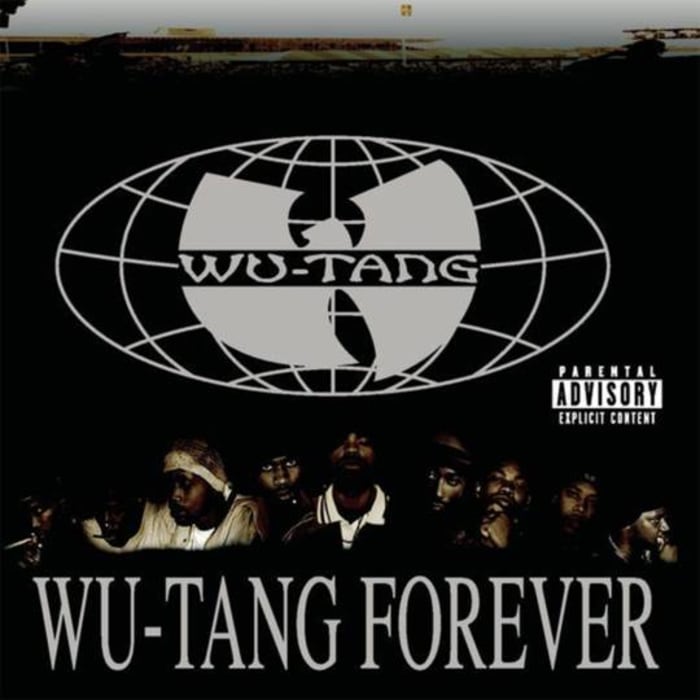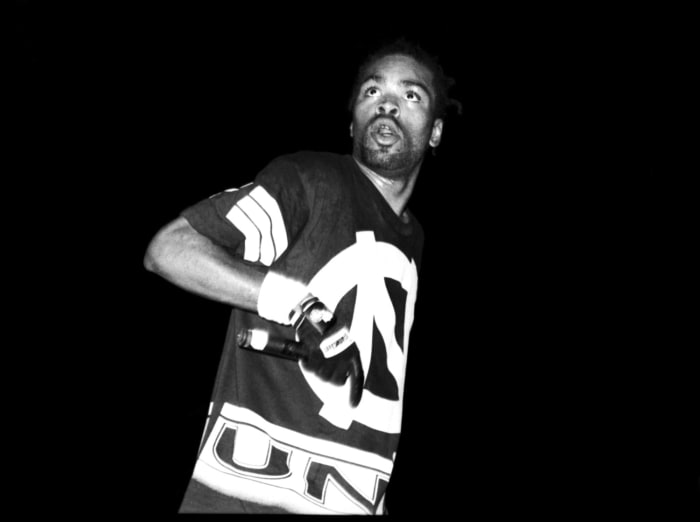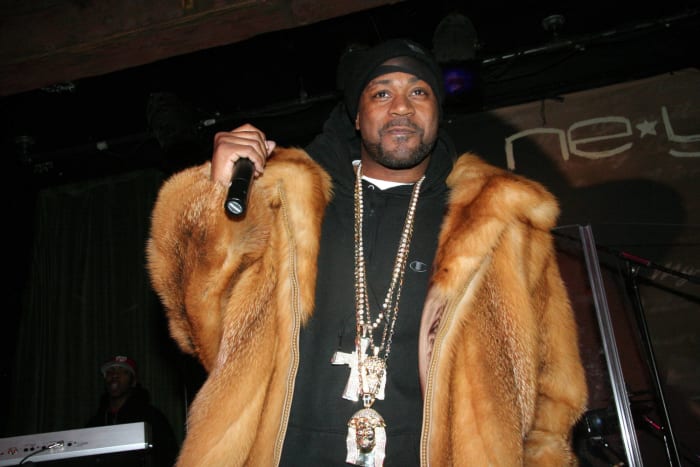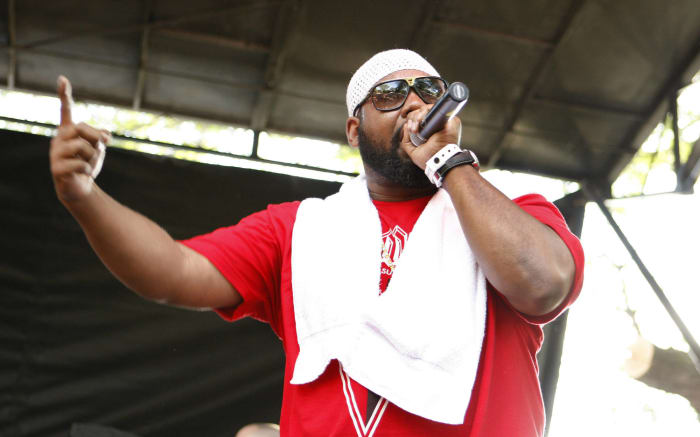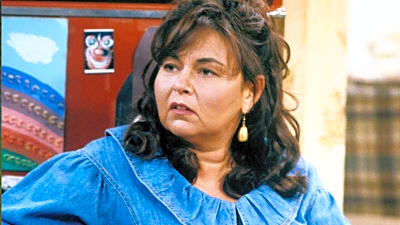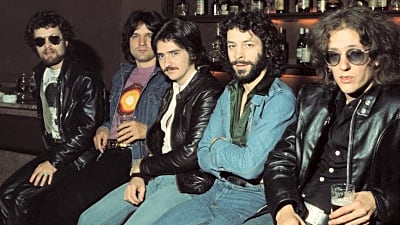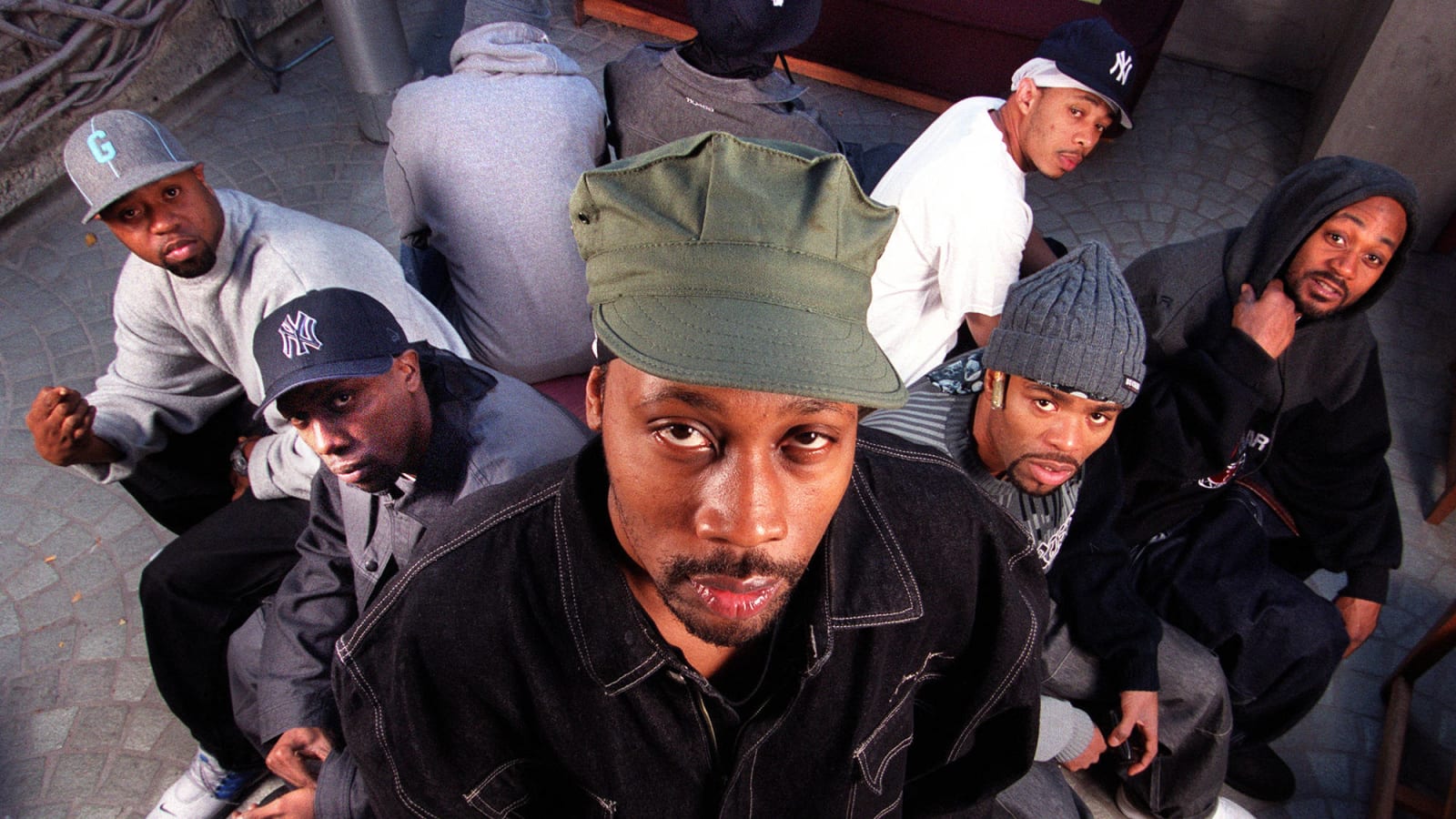
The 25 best Wu-Tang Clan albums
On July 5, 1969, Robert Fitzgerald Diggs, aka RZA, was born in Brownsville, Brooklyn. Despite a rocky first couple of decades in North Carolina and Ohio, RZA found his way back to NYC, and in 1992, on the forgotten borough of Staten Island, he brought together eight lyrical swordsmen — GZA, Ol' Dirty Bastard, Method Man, Raekwon, Ghostface Killah, Inspectah Deck, Masta Killa, U-God and Cappadonna — who became revered throughout the hip-hop world as the Wu-Tang Clan. Twenty-six years after the release of its groundbreaking "Enter the Wu-Tang (36 Chambers)," the band and its individual members have released over 50 albums, and they all contain, to some extent, the distinctively gritty DNA pioneered by RZA. Six are legit masterpieces. Most are above average. Some are by Cappadonna and U-God. On the occasion of RZA's 50th birthday, let's rank the 25 most notable LPs, group and solo (Gravediggaz and collaborations with other bands), from good to transcendent.
More must-reads:
- 13 films that ruined the life of an actor
- Wu-Tang is still for the children: The ultimate Wu-Tang Clan playlist
Customize Your Newsletter
 +
+
Get the latest news and rumors, customized to your favorite sports and teams. Emailed daily. Always free!





